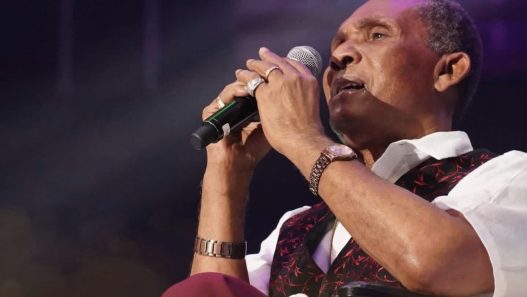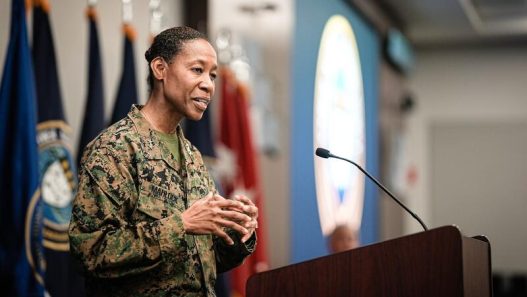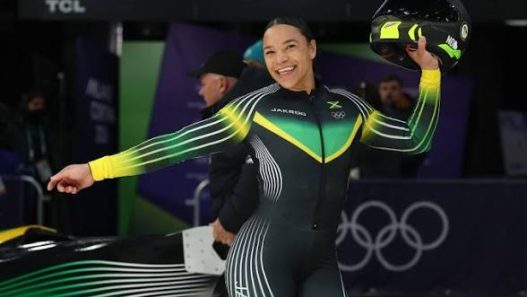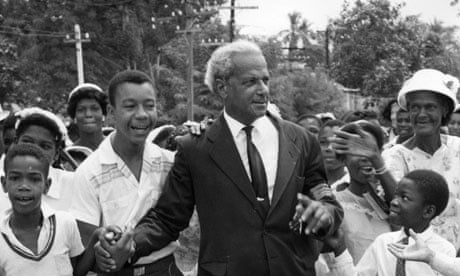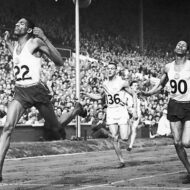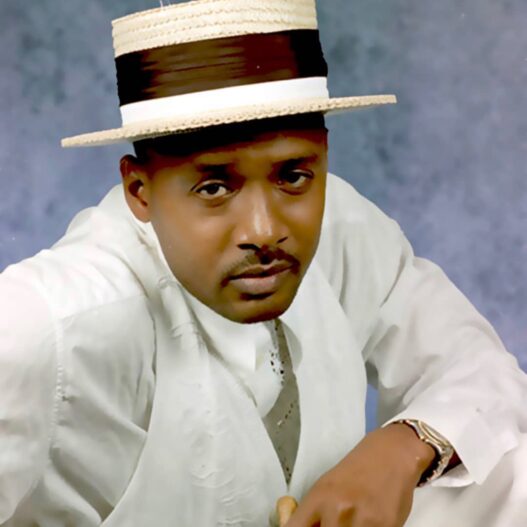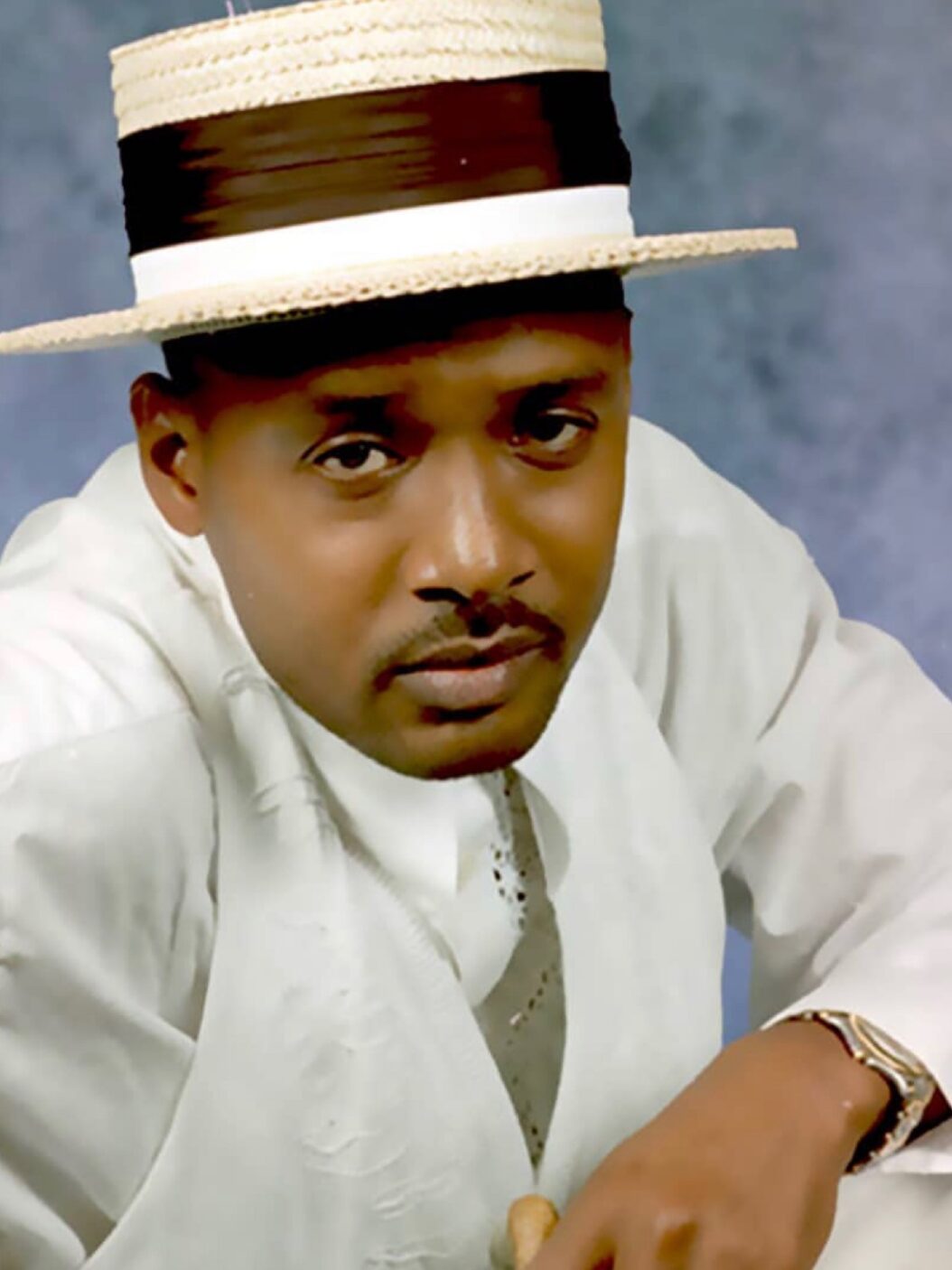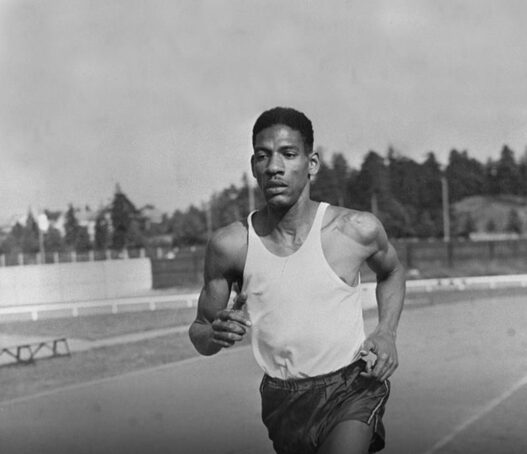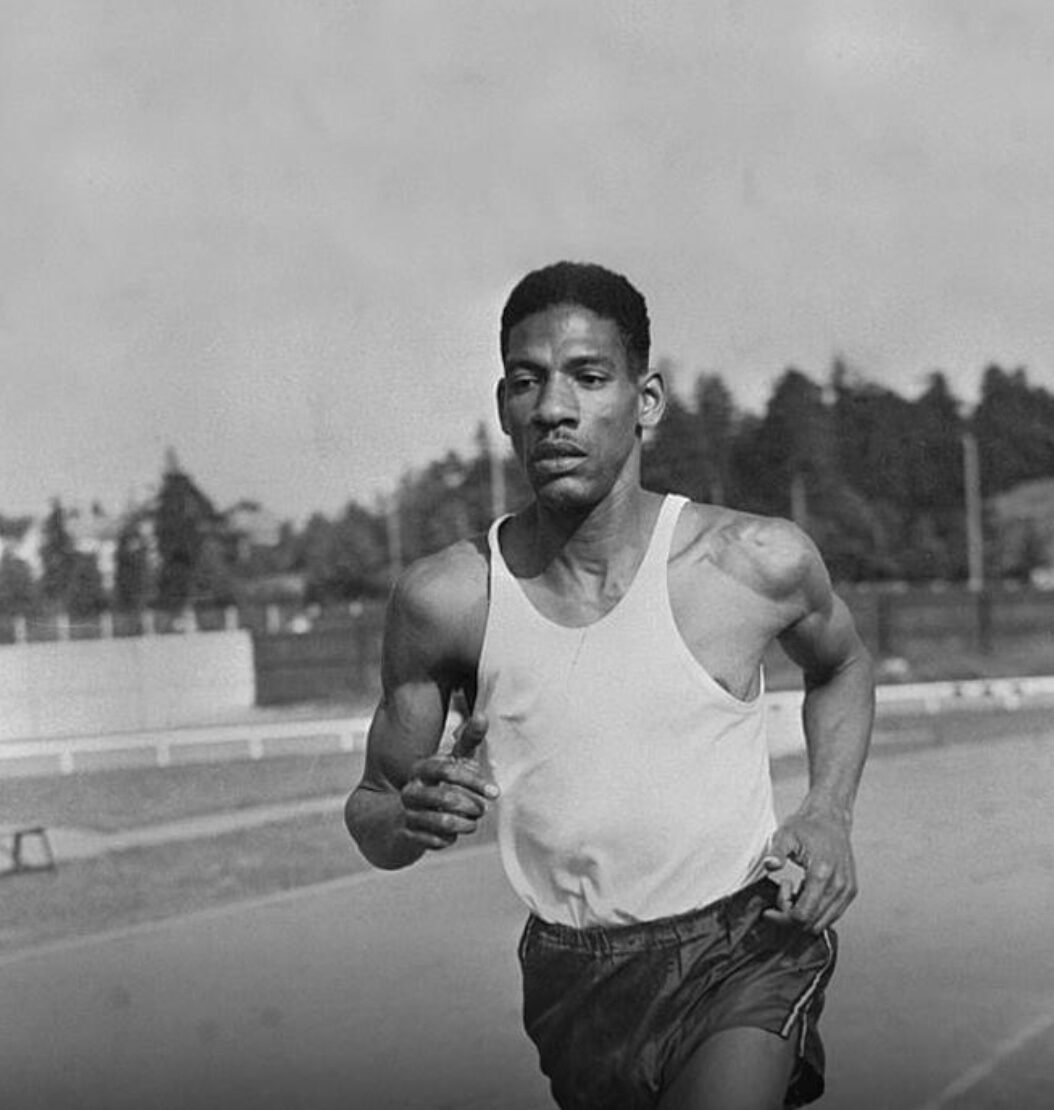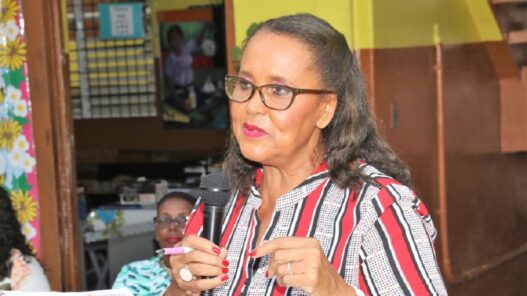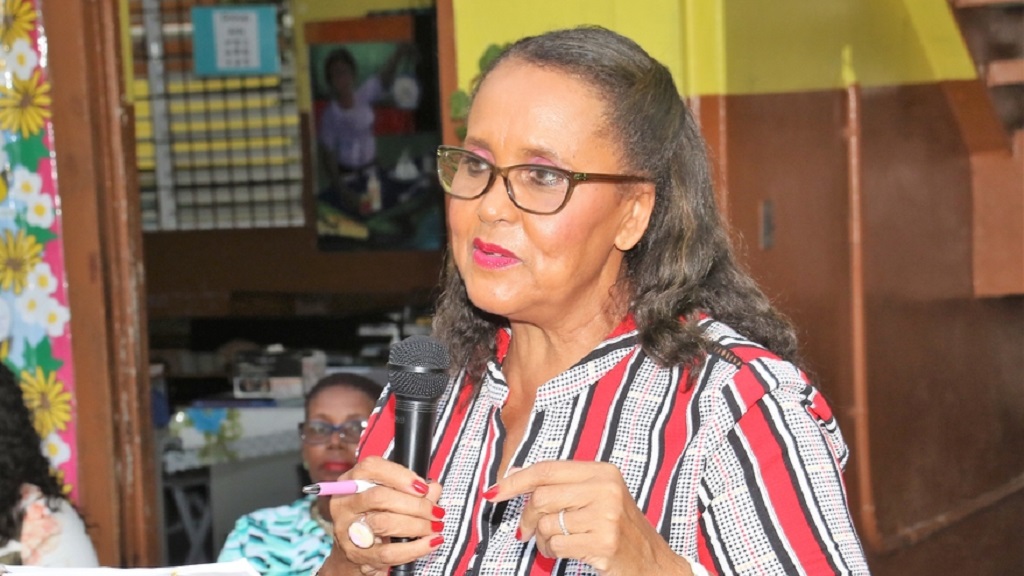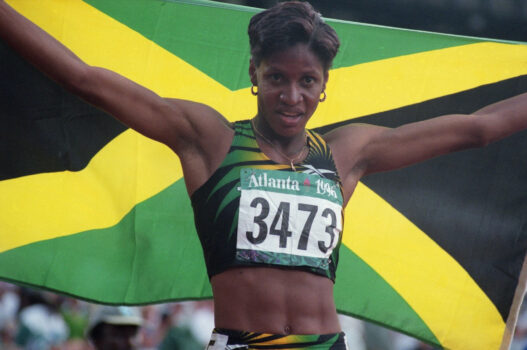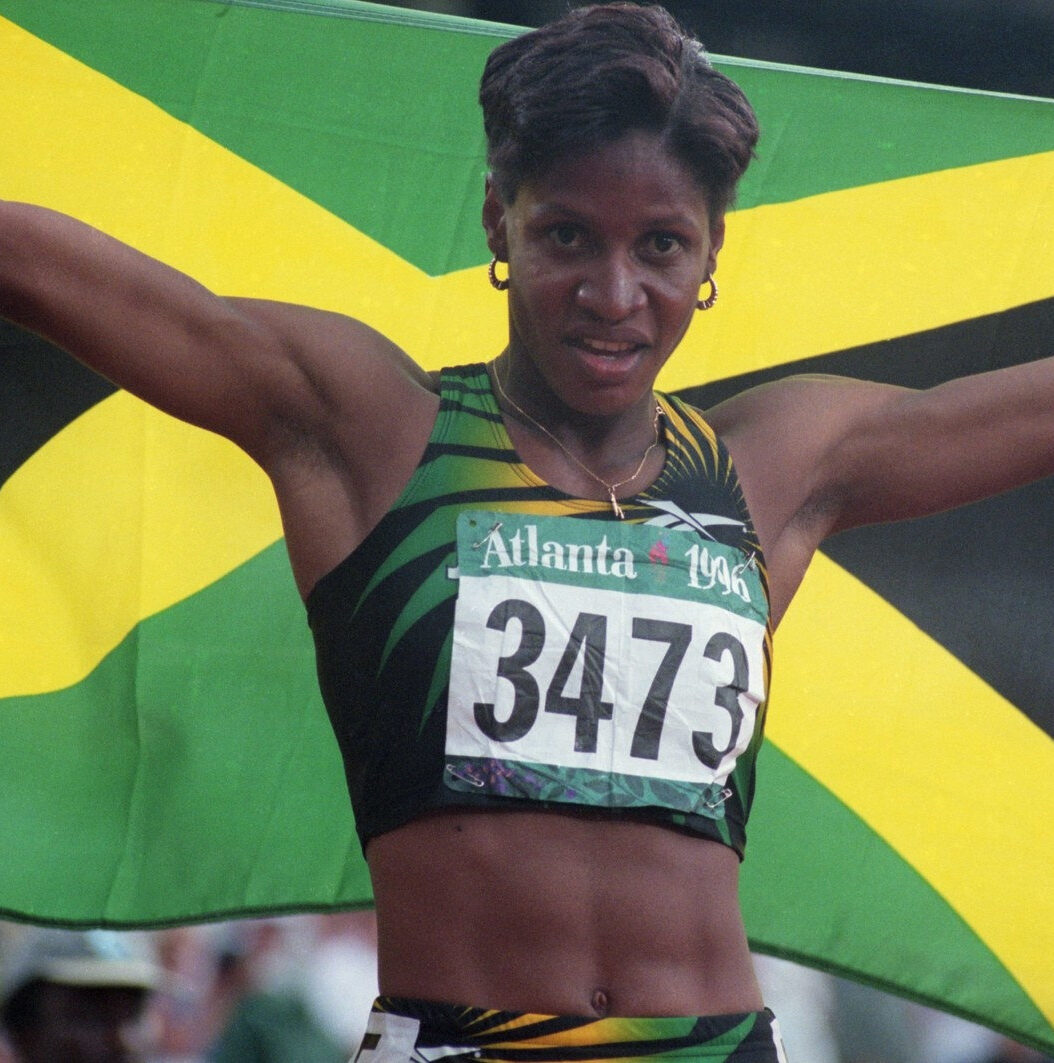Norman Washington Manley ONH MM QC (July 4, 1893 – September 2, 1969) was a Jamaican statesman and a prominent figure in Jamaica’s history. He served as the first and only Premier of Jamaica, making significant contributions to the country’s development and advocating for social justice and equality.
Early Life and Education
Born in Roxborough, Manchester Parish, Norman Manley was the son of Thomas Albert Samuel Manley, a small businessman, and Margaret Ann Shearer. He came from a mixed-race background, with his paternal grandparents being a white English trader named Samuel Manley and a black woman named Susannah Patterson.
Manley’s academic journey began at Wolmer’s Schools and the Beckford & Smith High School (now St. Jago High School). He later earned a full scholarship to study at Jamaica College, where he achieved remarkable success as an athlete, winning six medals in the Jamaican schoolboy championships in 1911. Notably, he set a record time of 10 seconds in the 100 yards, a record that stood until 1952.
After the death of his mother in 1913, Manley and his siblings traveled to the United Kingdom to continue their studies. Despite the challenges of being orphaned at a young age, Manley’s academic prowess earned him a prestigious Rhodes Scholarship to study at Jesus College, University of Oxford. He excelled in his studies and graduated with a Bachelor of Civil Law with First Class Honours.
Career and Political Activism
Manley returned to Jamaica with a wealth of knowledge and a passion for social justice. In the 1920s, he established himself as one of the country’s leading lawyers, advocating for the rights of the marginalized and disenfranchised. He strongly believed in universal suffrage and fought for its implementation.
Inspired by the efforts of Osmond Theodore Fairclough and other activists, Manley played a pivotal role in the formation of the People’s National Party (PNP) in 1938. The PNP, later affiliated with the Trade Union Congress and the National Workers Union, aimed to address the socio-economic inequalities prevalent in Jamaica. Under Manley’s leadership, the PNP became a dominant political force in the country.
Manley’s dedication to the cause of self-governance led him to serve as the colony’s Chief Minister from 1955 to 1959 and as Premier from 1959 to 1962. During his tenure, he worked towards achieving self-government for Jamaica. Although initially supportive of the Federation of the West Indies, he called a referendum in 1961 to allow Jamaican voters to decide on the issue. The majority chose to withdraw from the federation, and Manley respected their decision.
Legacy and Impact
Norman Manley’s contributions to Jamaica’s development and his advocacy for social and political change have left an indelible mark on the country. His efforts, alongside other activists and leaders, resulted in the New Constitution of 1944, which granted full adult suffrage to Jamaican citizens.
Manley’s belief in the power of education and his commitment to equality shaped his policies and actions. He recognized the importance of empowering the Jamaican people through education, and his legacy lives on through educational institutions such as the Norman Manley Law School and the Norman Manley International Airport.
In conclusion, Norman Washington Manley was a visionary leader, scholar, and advocate for social justice. His tireless efforts in the pursuit of equality and self-governance have made him a revered figure in Jamaica’s history. The impact of his work can still be felt today, as Jamaica continues to strive towards a more inclusive and prosperous future.
For more information on Jamaican history and other related topics, visit www.purejamaicamedia.com


